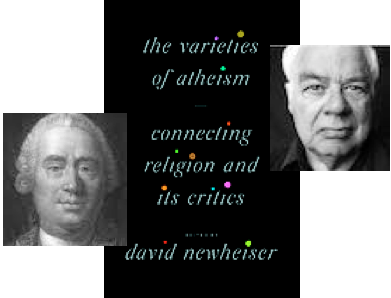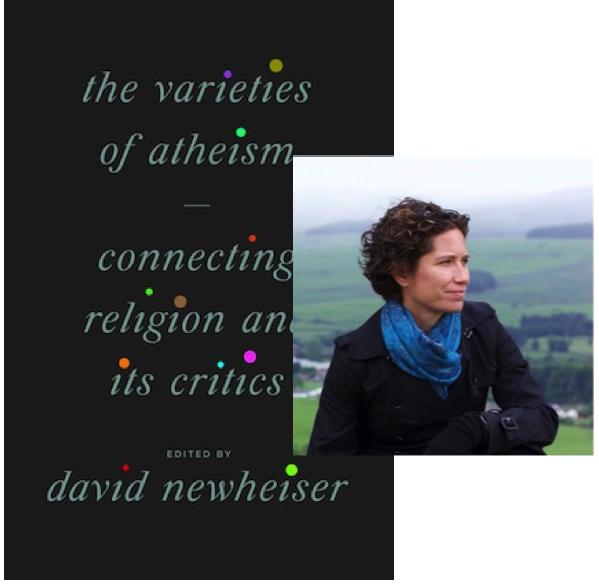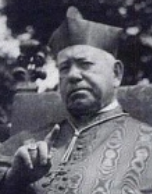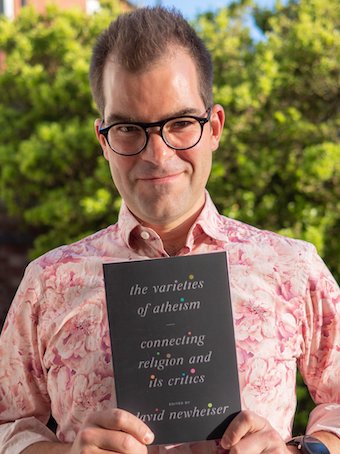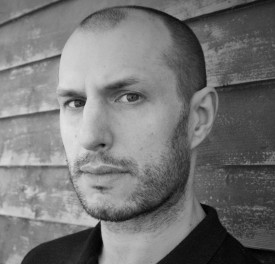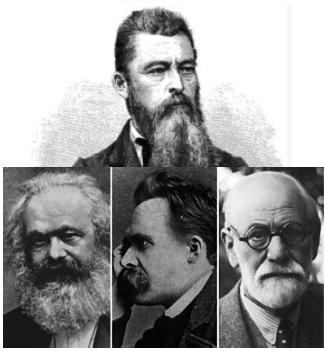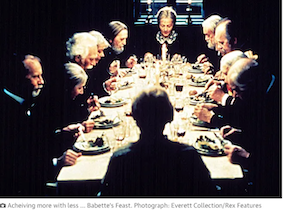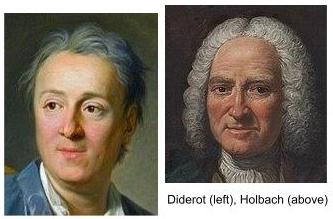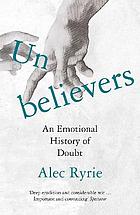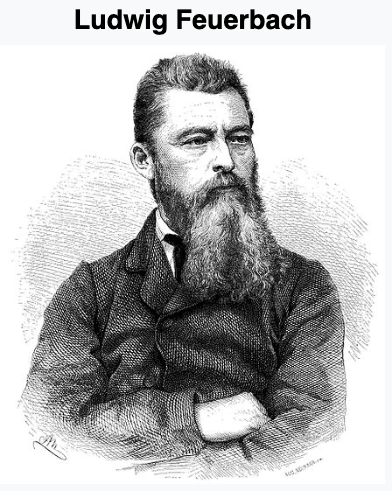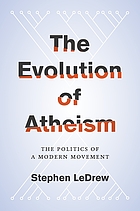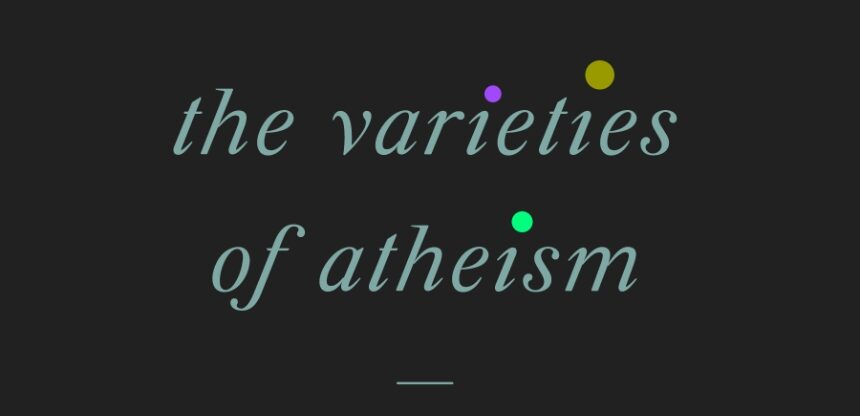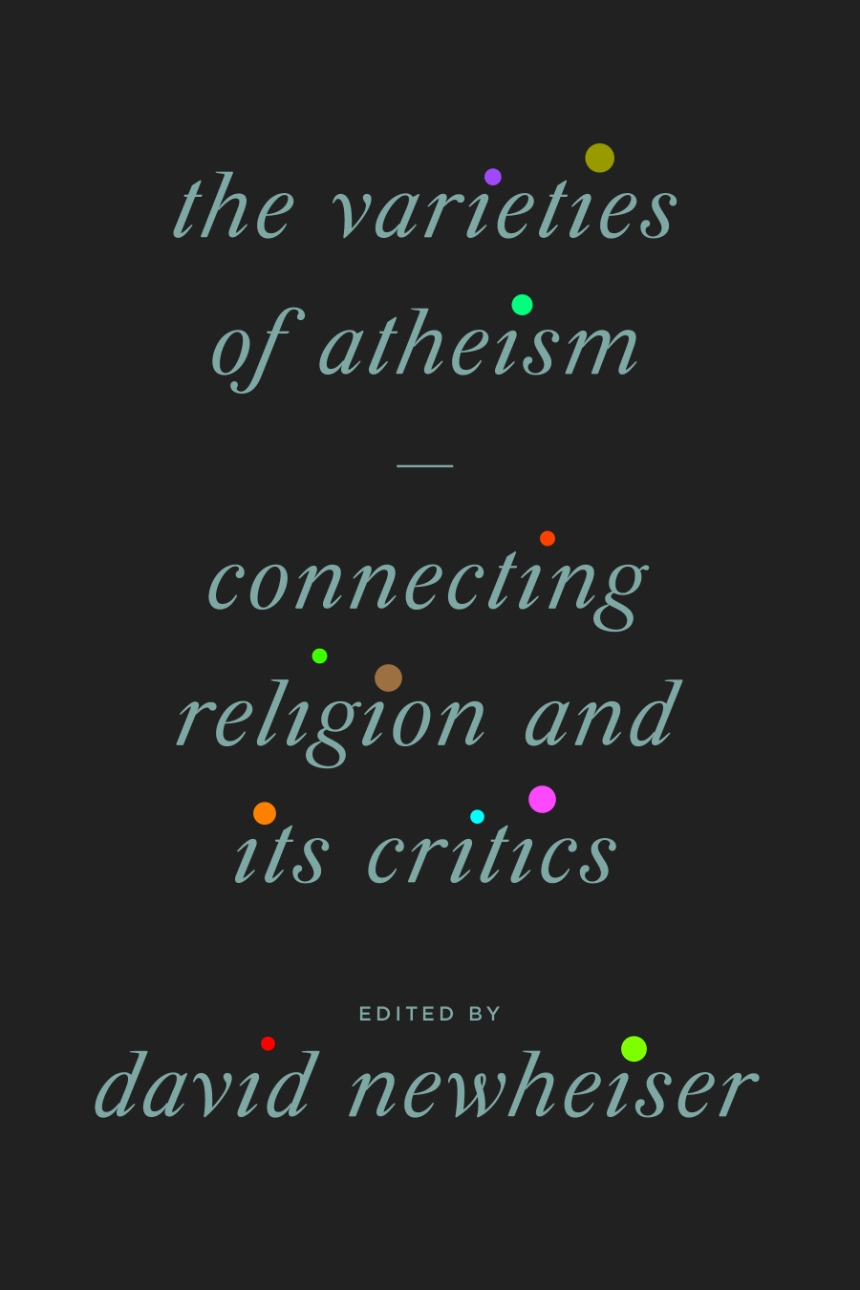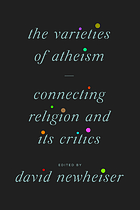
I was not ready for essays compiled by David Newheiser in Varieties of Atheism when I undertook to read them. My initial response to some of the quasi-theological views seeking alignment with certain atheistic thought was impatience. I could see no relevance to the direction I had set for my life. By the time I read the final chapter, however, I began to rethink some of what I had read earlier from a new perspective. Maybe I had been overlooking the likelihood that there are more things in heaven and earth, Horatio.
What does it mean to claim, as Furey does (by inverting Lubac) in the closing chapter of Varieties : “atheism that creates real drama represents a ‘living force’ capable of ‘replacing what it destroys.'”?
The contributors to the volume represent “theologians, intellectual historians, cultural critics, and literary scholars” who have “collectively refused narrow definitions of belief, tired arguments about normative versus descriptive claims, and simplistic metaphysical arguments.” They “read and thought about Nietzsche and Dante and Einstein, Hume and Dostoevsky and Eagleton . . . [They were] uninterested in denying or defending a literalist supernaturalism, united in [their] interest in atheism’s diversity, and intrigued by the possibility that new studies of atheism might unravel the single thread linking religion to belief.” (p. 200)
Contributors to Varieties of Atheism:
Constance M. Furey…. Professor of Religious Studies at Indiana University …. cofounder of the Center for Religion and the Human…. Poetic Relations: Faith and Intimacy in the English Reformation (2016) and Devotion: Three Inquiries in Religion, Literature, and Political Imagination (2021)
Vittorio Montemaggi …. Reader in Religion, Literature and the Arts in the Department of Theology and Religious Studies at King’s College London and Director of the Von Hügel Institute for Critical Catholic Inquiry at St Edmund’s College, Cambridge…. adjunct professor at the London Global Gateway of the University of Notre Dame and affiliate of Notre Dame’s Center for Italian Studies….
David Newheiser …. Senior Research Fellow in the Institute for Religion and Critical Inquiry at Australian Catholic University and an affiliate of the university’s Gender and Women’s History Research Centre…. codirector of an interdisciplinary collaboration on the ritual dimensions of contemporary art. His current book project considers the link between premodern miracles and democratic imagination.
George Pattison …. retired scholar and Anglican priest…. Honorary Professional Research Fellow in the School of Critical Studies, at the University of Glasgow…. three part “philosophy of Christian life,” comprising A Phenomenology of the Devout Life (2018), A Rhetorics of the Word (2019), and A Metaphysics of Love (2021), …. coeditor of The Oxford Handbook of Russian Religious Thought (2019).
Mary-Jane Rubenstein …. Professor of Religion and Science in Society at Wesleyan University…. Astrotopia: The Dangerous Religion of the Corporate Space Race (2022), Pantheologies: Gods, Worlds, Monsters (2018), Worlds without End: The Many Lives of the Multiverse (2014), and Strange Wonder: The Closure of Metaphysics and the Opening of Awe (2009)…. coeditor …. Entangled Worlds: Religion, Science, and New Materialisms (2017) and coauthor …. of Image: Three Inquiries in Technology and Imagination (2021).
Devin Singh …. Associate Professor of Religion at Dartmouth College and faculty associate in Dartmouth’s Consortium of Studies in Race, Migration, and Sexuality…. Divine Currency: The Theological Power of Money in the West (2018) and Economy and Modern Christian Thought (2022), coeditor of Reimagining Leadership on the Commons (2021), and author of articles in Journal of Religious Ethics, Harvard Theological Review, Scottish Journal of Theology, Implicit Religion, Political Theology, Religions, and Telos.
Henning Tegtmeyer …. Associate Professor of Metaphysics and Philosophy of Religion at KU Leuven…. Honorary Professor of Philosophy at Durham University…. Formbezug und Weltbezug. Die Deutungsoffenheit der Kunst (2006; 2008); Sinnkritisches Philosophieren (de Gruyter, 2013), coedited …. and Gott, Geist, Vernunft. Prinzipien und Probleme der Natürlichen Theologie (2013).
Susannah Ticciati …. Professor of Christian Theology at King’s College London. She is author of Reading Augustine: On Signs, Christ, Truth and the Interpretation of Scripture (2022), A New Apophaticism: Augustine and the Redemption of Signs (2013), and Job and the Disruption of Identity: Reading beyond Barth (2005).
Denys Turner, formerly Horace Tracy Pitkin Professor at Yale University and Norris-Hulse Professor at Cambridge University, is now …. retired …. The Darkness of God, Julian of Norwich, Theologian, Thomas Aquinas, a Portrait, being among them, and forthcoming with Cambridge, Dante the Theologian….
Andre C. Willis …. Associate Professor of Religious Studies at Brown University…. He is the author of Towards a Humean True Religion (2015) and is currently working on a manuscript about African American religion and politics that is tentatively titled Afro-theisms and Post-democracy. He has published …. Hume Studies, Journal of Scottish Philosophy, Political Theology, Critical Philosophy of Race, and Radical America.
One example of the departure from simplistic “God! Alive or Dead? True or False?” style of argument is Devin Singh’s chapter, “Atheism and Politics: Abandonment, Absence, and the Empty Throne”. Singh’s analysis of the meaning of the ascension of Christ, or the departure of Jesus from those who remain on earth, at times reminded me of one particular interpretation of the earliest of the canonical gospels, the Gospel of Mark, that reads it as a message for Christians who are living in a time of abandonment, in the absence of their Saviour. But Singh’s interpretation of the core of Christian theology goes one step further than that by insisting that the absence of Christ lies at the very “heart of Christian thought”. Attempts to create the sense of Christ’s presence are illusions: talk of ineffable glory, for example, masks the reality of absence, as does talk of the presence of the Holy Spirit. Such concepts are coping mechanisms for the reality that Jesus is not with us. What follows from such a theological viewpoint is the idea that Christ’s representatives on earth have a responsibility to rule or influence rulers on His behalf pending His return. But why the delay — a delay that allows for all kinds of evil while waiting for the “good and just” God to intervene? Enter “protest atheism”.
“Protest atheism” takes the Christian claims about a good and just God on their own terms and turns them against the church. But Singh speaks of an “ascension atheism” by way of contrast:
. . . protest atheism reveals the true kernel for Christian theology after ascension. It is a theology that must assert and embrace the absent and missing Christ, and as such accepts its theological operation as an empty, broken fragment of a lost dream. In this sense it does not remain as protest, for it recognizes that the protest emerges from an expectation of arrival, a desire for manifestation. Protest atheism, on the one hand, believes too faithfully in the hiddenness of the righteous king, and shakes its fist at the absent God who refuses to appear, particularly among the poor and excluded.
Ascension atheism, on the other hand, moves past this righteous, justified, and understandable protest to a form of contrite acceptance. Facing the trauma of abandonment, it acknowledges the absurdity of the denial and cover up that is the very history of Christian theology and ecclesial tradition. . . . .
. . . ascension atheism suggests that there is no sovereign at all. (p. 146)
Furey summarizes Singh’s conclusion as denying the difference between atheism and theism,
focusing instead on the political implications of [Jesus’] tarrying: rather than hailing Christ as king of kings, Christians must realize that “all kings are dead and gone and that we have kept their myths alive too long.”
A section heading in Singh’s chapter is “The Impossibilities of Political Theology”. His conclusion relates to anarchist and communal philosophies:
According to the political terms explored in this chapter, what might emerge from the recognition of the ascension and loss of the king who was promised? As suggested at the outset and underscored by the empty throne, the suppressed transcript of ascension may be the exposure of absence lurking behind all claims to kingship and to sovereignty more broadly. More radical than critiques that point out the various supports marshaled by sovereign power to exalt itself and protect its position, ascension atheism suggests that there is no sovereign at all. It exposes the tendency to seek, await, and act as if the sovereign is present and real, thus providing space to interrogate why such moves appear necessary in human community at all. It may also help explain the tendency to correlate sovereignty with loss and expenditure, where sovereign assertions of supremacy, inasmuch as they emerge in contexts influenced by Christian thought, display the need to reenact this founding loss that marks visions of community in Christian tradition and in its secular wake [endnote points to Bataille, Agamben, Blanchot, Nancy (bis)]. It raises the watchful warning that when such models of sovereignty claim to represent the people, their own absence and invisibility may be required. It may also expose the problems inherent in Christian political critiques of sovereign power that assert an even more sovereign and exalted Christ in its place. Rather than relativizing earthly power under the supreme lordship of the King of Kings, accepting the abandoned and empty throne means proceeding with the proclamation that all kings are dead and gone and that we have kept their myths alive too long. (146f)
Furey shines a light on similar kinds of finds that are only exposed by digging well beneath the surface in other chapters, too. I feel I have often missed the main points with my relatively superficial coverages (link is to the archive of all posts on Varieties of Atheism). The volume opens up thoughts and questions from literary, philosophical, political and theological perspectives that enquire into what might serve as foundations for a richer life, a Dostoevskyian “religion of life”, or for what Newheiser says in another work is “an ethical practice of openness to the unexpected”, a practice that eschews “rigid adherence that is impervious to other possibilities” (156, 132 of Hope in a Secular Age). The thinking and ideas are at a level I have not been exposed to before. It’s a new world of reflection I had not hitherto even suspected existed.
Newheiser, David. Hope in a Secular Age: Deconstruction, Negative Theology, and the Future of Faith. Cambridge University Press, 2019.
Newheiser, David, ed. The Varieties of Atheism: Connecting Religion and Its Critics. Chicago, IL: University of Chicago Press, 2022. https://press.uchicago.edu/ucp/books/book/chicago/V/bo182880666.html.

